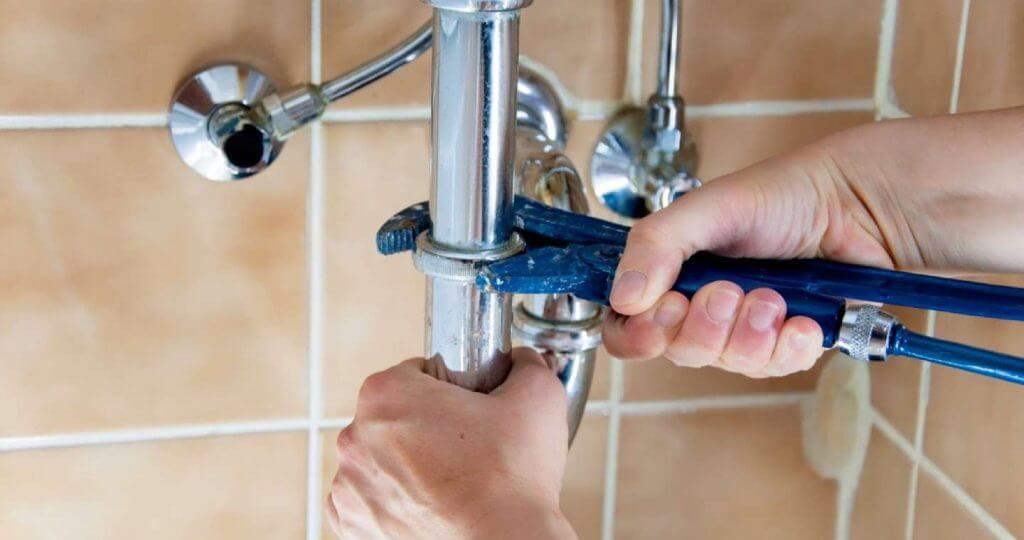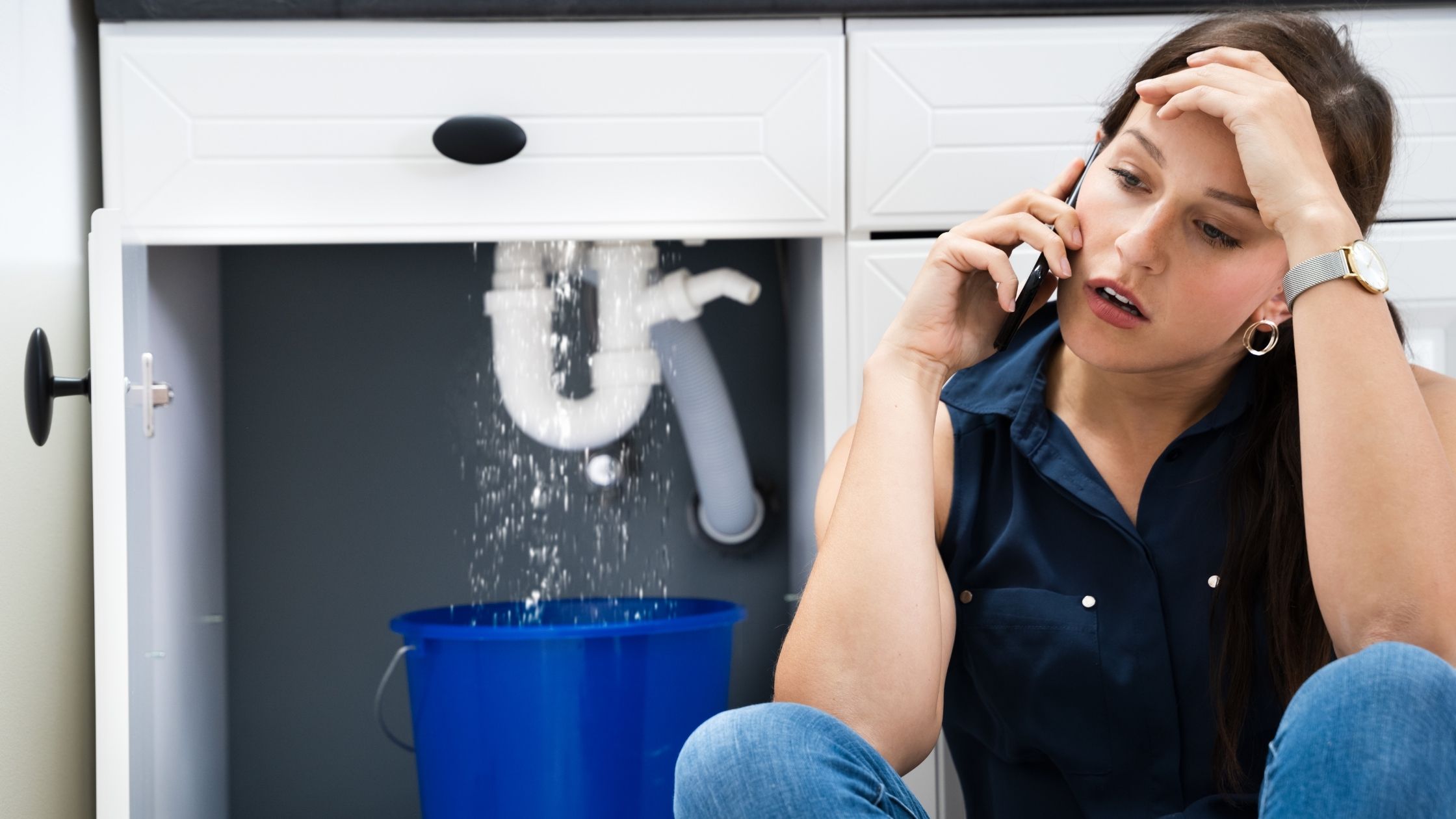The Top 5 Persistent Water Leak Causes
The Top 5 Persistent Water Leak Causes
Blog Article
What're your concepts about How to Find and Prevent Water Leaks in Your Home?

"Beware of little expenditures. A little leakage will sink an excellent ship." - Benjamin Franklin.
He couldn't have actually been much more appropriate since water leakages in our homes result in a waste of resources, raising our water expenses. This boost may seem minimal at initially, it can lead to considerable expenses that can break your financial institution. Other than a rise in costs, water leaks likewise trigger unwanted organic growth, structural damage, as well as also electrical dangers.
Determining if you have a water leakage isn't constantly easy because of being not able to see a lot of the pipework in your house. However, If you have had an increase in your water bills lately, noticed water stains on wall surfaces as well as ceilings, smelt lousy smell, etc. You may wish to think about requesting plumbing solutions to get it checked out.
There are several sources of water leakages, and we have assembled the typical factors below. Examine to see if you have had relevant issues in your house just recently.
Clogged drains
Food fragments, dirt, as well as oil can cause clogged drains as well as obstruct the passage of water in and out of your sink. Raised pressure within the gutters can end as well as create an overflow up cracking or bursting pipes if undealt with. To stay clear of clogged drains in your home, we advise you to avoid putting bits down the tubes and regular cleansing of sinks.
High water stress
You discovered your home water stress is more than typical but after that, why should you care? It runs out your control.
It would be best if you cared because your typical water pressure need to be 60 Psi (per square inch) as well as although your residence's plumbing system is developed to withstand 80 Psi. An increase in water stress can place a strain on your residence pipes and also lead to fractures, or even worse, burst pipelines. Get in touch with an expert regarding managing it if you ever discover that your house water pressure is higher than normal.
Rust
As your pipework ages, it gets weak and more at risk to rust after the regular passage of water through them, which can gnaw at pipes and trigger fractures. A visible sign of corrosion in your home plumbing system is discoloration and also although this may be hard to detect due to the majority of pipes hidden away. We advise doing a constant examination every couple of years and alter pipelines once they are old to guarantee an audio plumbing system
Compromised pipe joints
Pipeline joints are the parts of our plumbing system where the pipelines attach. They are the weakest point of our plumbing system. Therefore, they are extra susceptible to deterioration. It is vital to keep in mind that even though pipelines are developed to endure stress as well as last for some time, they weren't made to last permanently; for that reason, they would degrade in time. This damage might lead to fractures in plumbing systems. A common indicator of damaged pipeline joints is too much noise from faucets.
Broken seals
An additional source of water leakages in homes is broken seals of home appliances that make use of water, e.g., a dishwashing machine. When such appliances are mounted, seals are mounted around water connectors for simple flow of water through the device. Hence, a damaged seal can trigger leak of water when in operation.
With little or no knowledge of plumbing, understanding your home's plumbing system enough to deal with several of these issues (without consequence) can be an inconvenience. Get in touch with plumbing experts in Pittsburgh, Providence, Rochester, and environ today, and also they'll make those problems disappear.
He couldn't have actually been a lot more best because water leakages in our houses result in a waste of resources, increasing our water costs. If you have had an increase in your water bills recently, saw water discolorations on ceilings and also wall surfaces, smelt poor odor, and so on. An increase in water stress can place a stress on your residence pipes as well as lead to splits, or worse, burst pipes. One more reason of water leakages in homes is broken seals of house devices that use water, e.g., a dishwashing machine. When such devices are set up, seals are mounted around water adapters for very easy passage of water through the device.
5 TIPS IN DETECTING A WATER LEAK IN YOUR HOUSE
Water leaks can be hard to find in your home, yet they can be so common. We rely on water every day in our home, which is why a leak can cause big problems. By detecting them early, you can save money and further damage, getting the problem fixed as soon as possible. Here are 5 tips to help you detect a water leak in your home, so you can contact a plumber straight away and get the issue sorted.
Check your water meter
Many people underestimate the value of the water meter in their home. It can be one of the best ways to tell if you have a leak early on, so you can get on top of it before issues start arising. Start by turning off all the water in your home: taps, washing machine, dishwasher, etc. Now take a look at the meter – if it’s still changing with everything turned off, it’s likely you have a fast-flowing leak that you need to get on top of straight away. If nothing changes, then leave your meter for an hour or two and come back to it. Did it change in this time? It’s likely you have a slower leak, which isn’t as urgent but still handy to get fixed so it doesn’t become a bigger problem.
Keep an eye on your bill
Another good way to detect a leak in your home is by keeping an eye on your water bill. It helps if you have a past bill from the same period of time. You can compare like for like and determine whether your water usage has increased significantly. If it has, there may be a leak in your system that you haven’t picked up before. A professional plumber can check through all of your pipes and determine where it is coming from.
Look for damage
If you have a leak inside your home, you will notice damage over time. Take a look at your showers and bathtubs and note whether any of the tiles surrounding the area seem to be discoloured or damaged in any way. There may be water stains, mould or peeling material that has resulted from a build up of moisture over time. Make sure you take a look under sinks at the back of cupboards that don’t get accessed regularly. This is where damage can go unnoticed and build up over periods of time.

I discovered that blog post about How to Find and Prevent Water Leaks in Your Home when doing a search on the search engines. Do you know another person who is looking into the topic? Why not share it. Thanks a lot for your time invested reading it.
Show Details Report this page